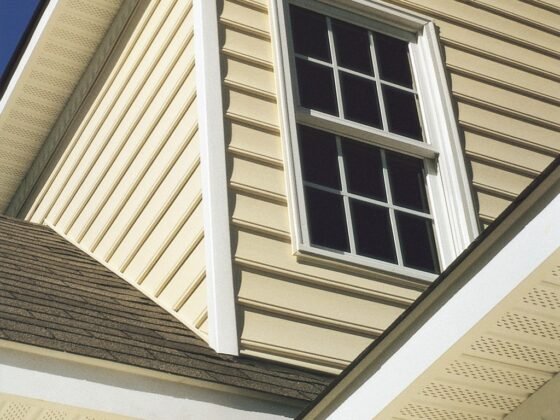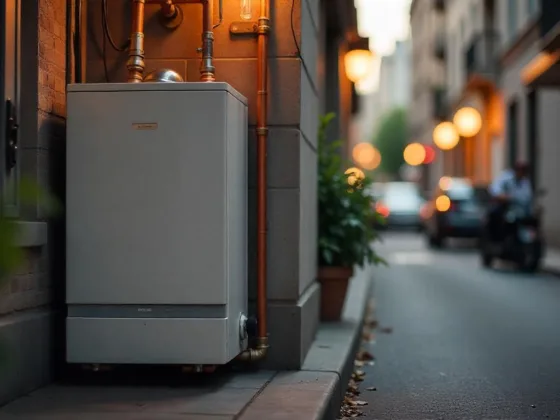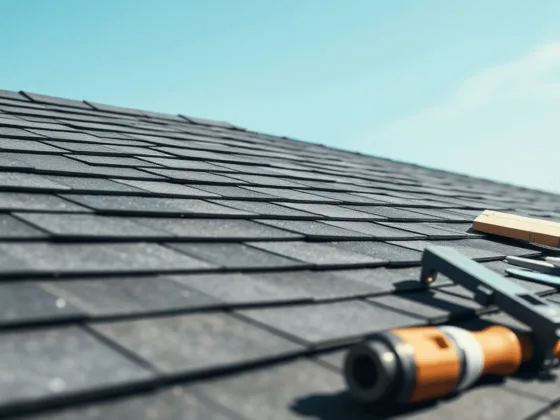Table of Contents Show
Easy as it sounds, selling a house also has a few tasks you shouldn’t take for granted. A home inspection, for example, is always a must before you sell your house.

By definition, a home inspection involves observing and making reports about the condition of certain property(in this case, your house) when it’s up for sale on the real estate market.
A qualified home inspector makes the assessments and reports whether your property’s condition
is safe enough for selling. With that said, here are some things that a home inspector checks inside your home:
HVAC
Home inspectors will check the HVAC or heating, ventilation, and air conditioning system of a house.
Home inspectors will check the ducts, heat pumps, air conditioners, and thermostats to see if they’re functioning correctly. Home inspectors will also check for carbon monoxide and gas leaks.
Pro Tip: It’s best to get home inspectors where you’re living. Aside from knowing the local regulations, they’ll also be familiar with the weather conditions in your area. For example, if you’re in Calgary, you should get qualified calgary home inspectors to do the job.
Attic
Most houses have attics that can be used as convenient storage spaces. Home inspectors will check if there’s adequate ventilation in the attic. If an attic has poor ventilation, it can increase moisture and promote mold growth.
Attics are essential areas to check for as they can be a telling sign of how strong or weak the roof is when it comes to withstanding the elements.
Read Also:
Basement
Basements are also up for checking as they can have water damage. Other things a home inspector looks for in the basement are mildew, mold growth, unusual odors, and uneven surfaces.
Basement doors and windows are also checked to see if they allow or prevent water from getting in.
Roof
Home inspectors will also check the roof’s integrity during a home inspection. Home inspectors often take note of the roof’s condition, especially if it’s windy, snowy, or raining. They’ll also note if the gutters aren’t clogged or if there aren’t any roof shingles missing.
Electrical
To avoid fires, electrical wirings should always be checked thoroughly. Home inspectors also inspect the electrical system throughout the house. They also check circuit breakers and wires to see if they’re properly insulated and aren’t showing any metal parts.
Plumbing
A home inspector will check for any leaks wherever water runs through the house. This means that they’ll check toilets, bathtubs, sinks, pipes, etc.
Hydrants that are located outside of a home are also checked to see if they’re working. If there are leaks, water can cause a lot of damage to the interior of a home.
Windows and Doors
Doors and windows need to be checked if they open and close properly. Home inspectors also check if doors and windows are correctly built, ensuring they don’t become a hazard when a fire or emergency happens. A house is also checked for emergency exits.
Walls, Floors, Ceiling
The walls and ceiling will be checked for any other structural damage. Although inspectors will check for cracks and discolorations, they will only mark walls, ceilings, and floors that are safety hazards.
Any cosmetic damage like scratches and paint chipping is excluded from their lists.
Foundation
The foundation is responsible for a structure’s stability. Without a proper foundation, a house can easily collapse due to regular changes or movements from the surroundings.
For example, a chimney leaning away from a house, huge cracks in drywalls, a sunken porch, and uneven floors can be signs of a poor foundation.
Takeaway
Home inspections are essential phases whether you’re buying or selling property. Above are some of the tasks that home inspectors do when inspecting a home.
However, do note other specialized tests such as pest control, asbestos, radon, lead, and indoor air quality aren’t included with some home inspection services. They also don’t check on swimming pools, so it’s best to look ahead.









